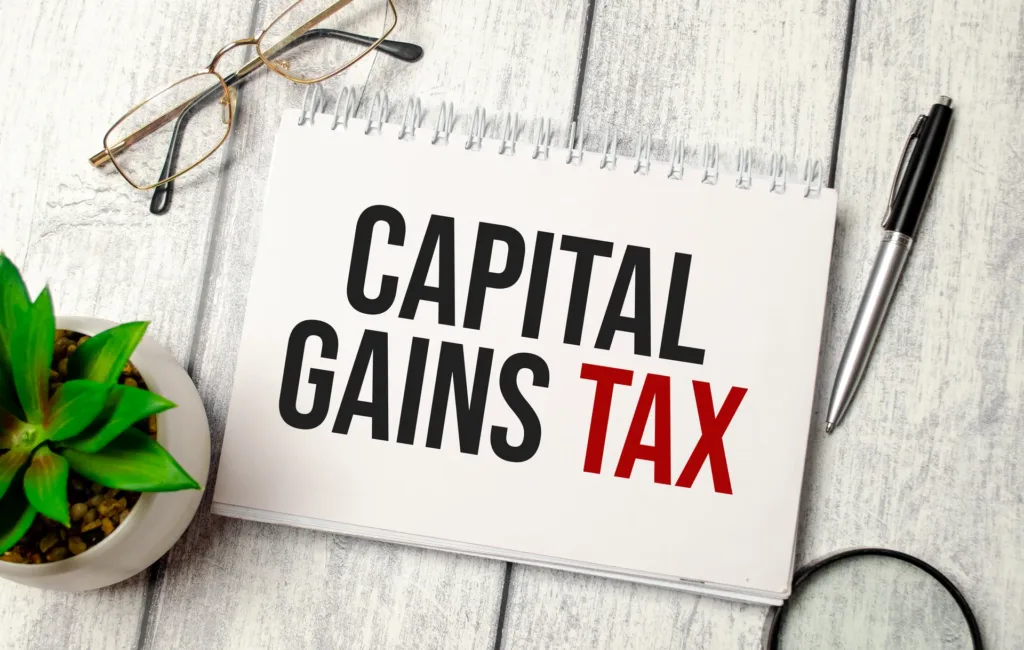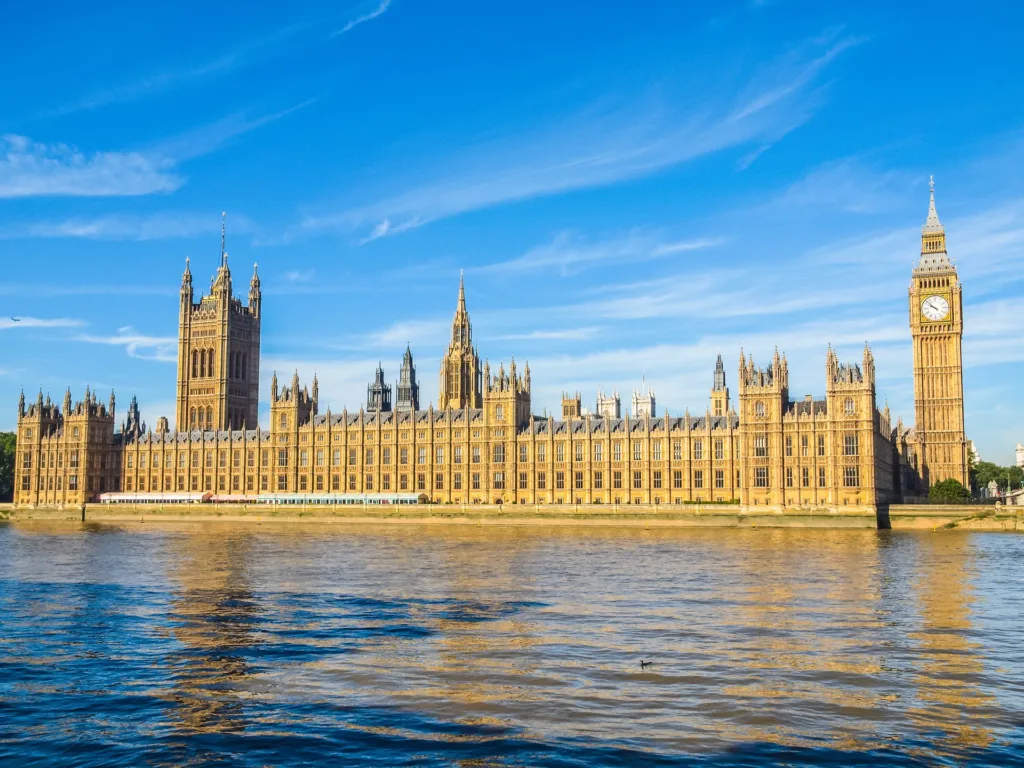The Chancellor of the Exchequer, Jeremy Hunt, has presented the Spring Budget for 2024. Here’s the relevant breakdown for landlords.
One of two annual statements on the status of the UK economy is the Spring Budget. It is an opportunity for the Chancellor of the Exchequer to summarise official economic forecasts, government revenue collection, and spending.
The Chancellor made what was probably the final budget announcement made by the current UK government on March 6, 2024. This is due to the likelihood that a general election will occur before 2024 ends.
Here are the top key takeaways from the Spring Budget that letting agents and landlords should note:
1. Tax cuts for holiday homes and multiple dwellings to affect landlords

To assist deliver personal tax savings, the Chancellor has scrapped the furnished holiday lettings tax structure.
This reform could cost holiday landlords an average of £2,835. According to Jeremy Hunt, the goal of this clampdown is to prevent the “distortion of not enough properties to rent for local people.”
Holiday homes are especially common in certain locations of England and Wales. In 2023, the Welsh government announced a new holiday rental licencing plan. According to this plan, all guest accommodations must meet certain criteria to be classified as a holiday rental property.
This is a reasonable loophole to eliminate, which would assist balance the buy-to-let industry and, ideally, liberate additional full-time tenancy stock in tourist hotspots, large cities, and coastal communities.
2. Capital Gains Tax cut to affect landlords and buy-to-let market.

In the 2024 Spring Budget, the Chancellor announced that the higher rate of property Capital Gains Tax will be reduced from 28% to 24%.
Capital Gains Tax applies to properties when a person profits from the sale of a property that is not their primary residence. Examples include selling buy-to-let properties, commercial space, land, and inherited properties.
These tax laws allowed landlords to claim Capital Gains Tax reduction and count rent profits as pension income.
This action was considered a “surprise” by Simon Jack, Business Editor of the BBC. He also indicated that the Chancellor anticipates that “the lower tax rates will result in more transactions, leading to more tax revenue.”
The Spring Budget also eliminated multiple dwelling relief (MDR). MDR is offered to those who purchase more than one residential property at a time. Originally established to reduce impediments to property investment, this exemption is anticipated to have the greatest impact on larger landlords and the buy-to-let sector.
3. Commitment to build a million homes in this parliament.
In the Spring Budget, Jeremy Hunt reaffirmed the Conservative Party’s goal to develop one million homes by the end of the Parliament, providing £242 million for new housing construction. This includes specific initiatives in London’s Canary Wharf, as well as Blackpool, Sheffield, Liverpool and Cambridge.

House development targets have shifted several times in recent years. In 2021, the Conservative Party pledged to build 300,000 homes per year by the mid-2020s.
However, in December 2022, Housing Secretary Michael Gove reversed course, declaring that these targets were “advisory”. Then, in 2023, the government reiterated its commitment to building one million houses by the end of Parliament.
4. Small agencies may benefit from VAT threshold increase.

The Chancellor has announced proposals to raise the VAT registration threshold from £85,000 to £90,000. This barrier, which had been unchanged since 2017, would be a popular move among small business owners, such as small independent agencies.
5. Other announcements that may affect individual landlords, letting agents, and tenants.
The Spring Budget also included measures that will harm property professionals. This includes:
- National Insurance benefits are being reduced. The contribution rate has been decreased by 2 pence again, from 10% to 8% of earnings. This reform is intended to lessen the historically high tax burden, which will benefit both companies and employees, including agents, landlords, and tenants.
- Fuel duty freeze. According to the Chancellor, fuel duty will remain at 53p per litre, saving the average car owner almost £50 per year. This might be especially beneficial for letting agents who drive to viewings.
- No significant adjustments to energy bills are predicted. The Chancellor outlined plans to focus on renewable energy, with 25% of homes using nuclear energy by 2050. However, there was no specific response to the numerous requests to aid suffering homes with their expenditures.
This material is intended to be a guide only and does not constitute legal advice. Visit www.gov.uk for further details.
Author: Jag Chaggar
